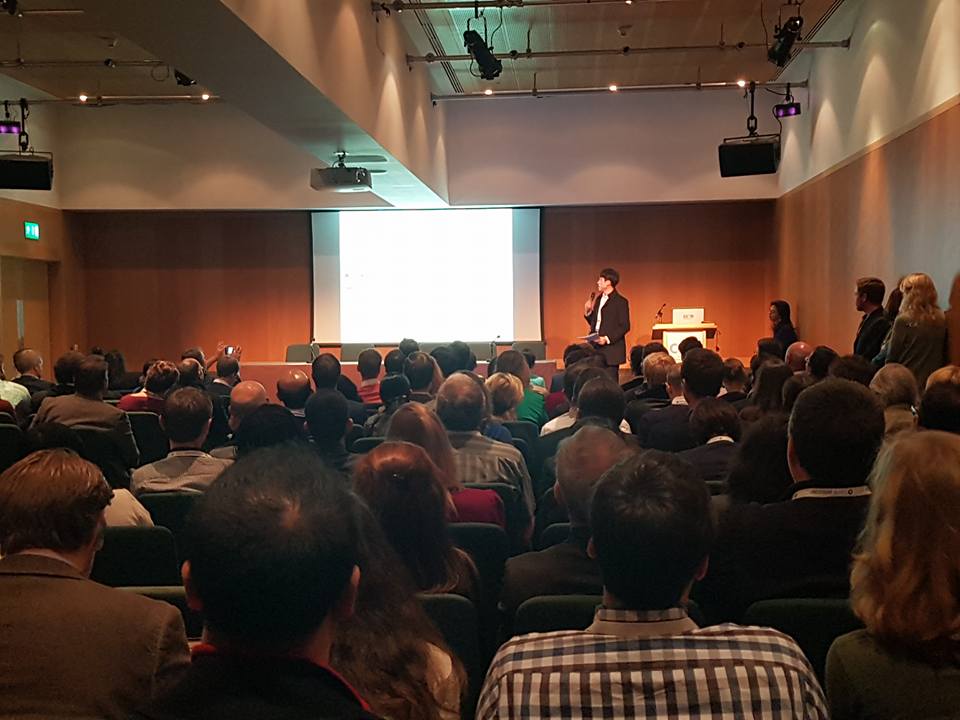Welcome :) I am a first-year PhD student in Quantitative Marketing at Johnson, Cornell University.
My current research examines the application of machine learning in empirical management research, while exploring its underlying mechanisms.
Prior to joining the doctoral program, I practiced in Seoul for several years with the tech startups where I was involved in projects developing statistical methodologies and applying them to high dimensional data.
I received an MS in Information Systems from KAIST and a BS in Computer Science and Engineering from UNIST.

Here are some list of things I believe in:
- “The unknown thing to be known appeared to me as some stretch of earth or hard marl, resisting penetration… the sea advances insensibly in silence, nothing seems to happen, nothing moves, the water is so far off you hardly hear it… yet it finally surrounds the resistant substance.” - Alexander Grothendieck
- “…put the cutting edge of the chisel against the shell and strike hard. If needed, begin again at many different points until the shell cracks—and you are satisfied.” - Alexander Grothendieck
- “The first step is to establish that something is possible then probability will occur.” - Elon Musk
- “The reasonable man adapts himself to the world: the unreasonable one persists in trying to adapt the world to himself. Therefore all progress depends on the unreasonable man.” - George Bernard Shaw, Man and Superman
- “Carpe diem. Seize the day, boys. Make your lives extraordinary.” - John Keating, Dead Poets Society
- “Imagination is more important than knowledge, because knowledge is limited.” - Albert Einstein
- “Your time is limited, so don’t waste it living someone else’s life.” - Steve Jobs
- The Feynman Problem Solving Algorithm - Coined in jest by Nobel Prize-winning physicist, Murray Gell-Mann
- Write down the problem
- Think real hard
- Write down the solution
- “I have no special talent. I am only passionately curious.” - Albert Einstein
- “He who has a why to live can bear with almost any how.” - Friedrich Nietzsche
- “The electric light did not come from the continuous improvement of candles.” - Oren Harari
- “Never forget that only dead fish swim with the stream.” - Malcolm Muggeridge
- “If we wait for the moment when everything, absolutely everything is ready, we shall never begin.” - Ivan Turgenev
- “The best way to predict your future is to create it.” ― Abraham Lincoln
- “‘Science progresses one funeral at a time.’ The future depends on some graduate student who is deeply suspicious of everything I have said.” - Geoff Hinton
- “If the result confirms the hypothesis, then you’ve made a measurement. If the result is contrary to the hypothesis, then you’ve made a discovery.” - Enrico Fermi
- “Success is not final. Failure is not fatal. It is the courage to continue that counts.” - Winston S. Churchill
